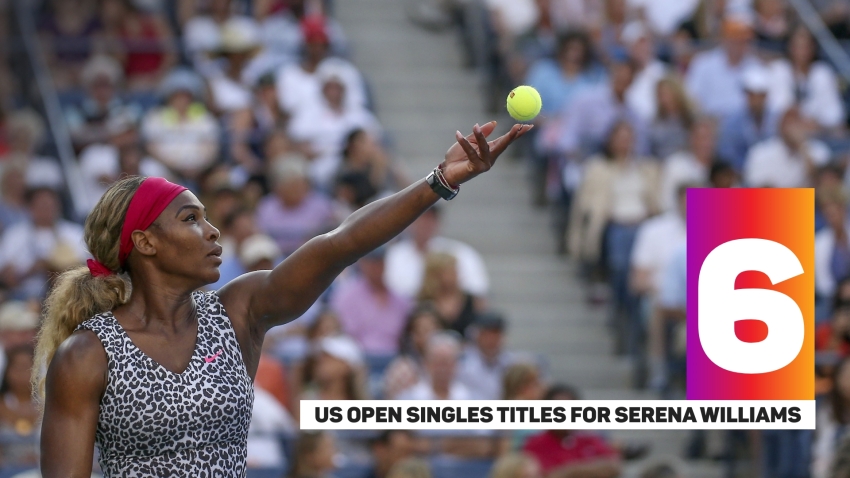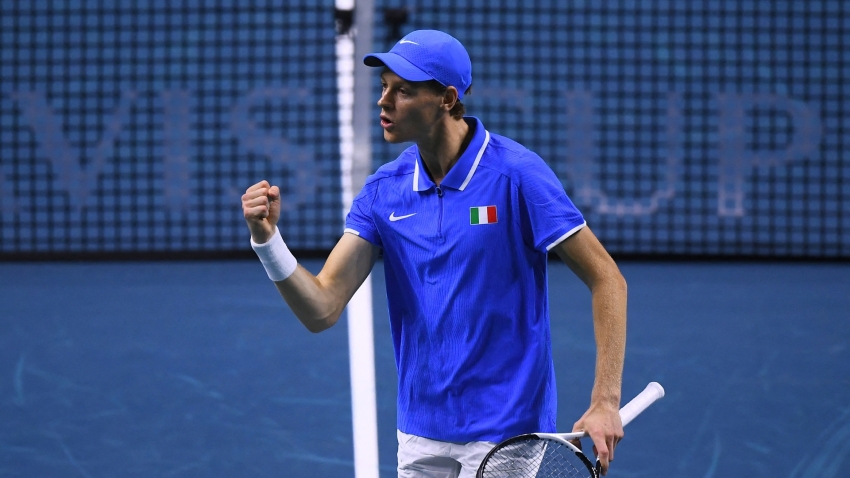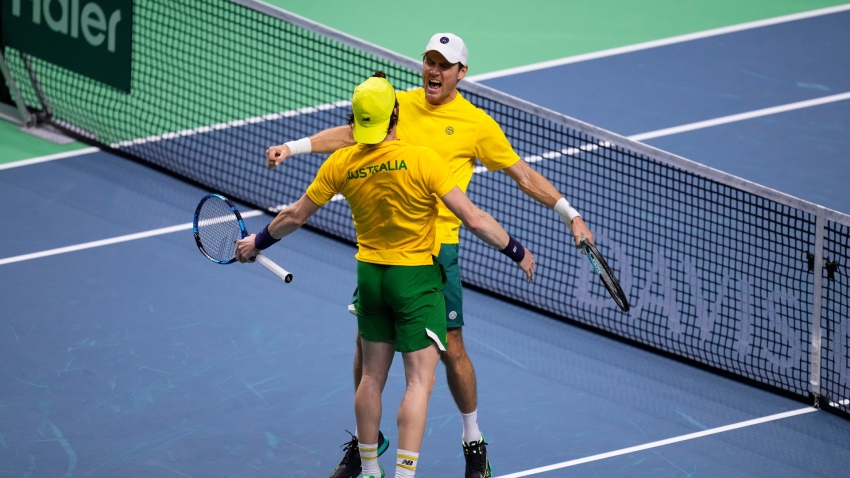Serena Williams' long and illustrious tennis career is drawing to a close after the American confirmed on Tuesday that the countdown has begun.
Following a long piece in Vogue, Williams wrote of her plan to "move in a different direction" after "these next few weeks", suggesting the US Open – which begins in late August – will be her last outing.
Thanks to her success and brilliance on the court, Williams has become synonymous with tennis and is regarded by many as the greatest the women's sport has ever seen.
Yet, her seemingly imminent retirement cannot be seen as a shock. At the age of 40, Williams has persisted with tennis far longer than most do, and that is testament to her quality and enduring desire for success.
With Williams now reaching the end, Stats Perform takes a look at the key facts, stats and figures of her career; in other words, Serena's remarkable legacy.
Twenty-three… and counting?
Of course, the headline fact for Williams' career is her grand slam titles count.
She has won 23, which is more than anyone else in the Open era.
But she's still got one target left: matching Margaret Court. The Australian's 24 grand slam successes include nine won before the Open era began in 1968, though her overall total has been the benchmark ever since she claimed her final crown at the US Open in 1975.
Clearly, victory for Williams at Flushing Meadows would be the perfect farewell.
The finals hurdle
Even if Williams only reaches the championship match next month, she'll still be equalling a different record.
Assuming she does compete in Queens, Williams heads into the US Open having played in 33 grand slam finals, one more than Martina Navratilova.
But Chris Evert (34) sits out in front, and that record will remain hers for many, many years if Williams cannot reach the finale at Flushing Meadows.
Top of the pile
It's been a while now since Williams was last the highest-ranked player in the world, but in a way that only further highlights how remarkable her career has been.
She's spent 319 weeks ranked as world number one, which is behind only Steffi Graf (377) and Navratilova (332).
While many might have expected Williams to have been top of the pile for even longer, it's worth remembering how she's spent time out due to injuries and pregnancy, with her general involvement in top-level tennis decreasing after 2014 when she played 16 tournaments – in 2016 that halved to eight, and during no year since has she played in more.
Additionally, some will also be surprised to learn she actually only finished the year as the top-ranked female player five times. Nevertheless, that's still third to only Graf (eight) and Navratilova (seven).
Go hard or go home
Such has been Williams' quality, she was always considered a threat regardless of the surface – she's won each grand slam at least three times.
But there's no denying she was at her most lethal on hard courts.
She has won 48 WTA Tour-level titles on hard courts, which is 11 more than anyone else (Graf) in the Open era.
Those 48 come from a grand total of 73 across all surfaces, leaving her ranked fifth behind Navratilova (167), Evert (157), Graf (107) and Court (92).
Surface to say…
Williams' comfort on hard courts goes even further than that.
She's won 539 matches on the surface, making her one of just two female players to surpass 500 victories on one specific ground type.
Navratilova (600 on carpet) is the only other player to achieve the feat, with Serena's sister Venus (498 on hard) the closest to the 23-time grand slam champion.
The grass is greener
Despite that unrivalled excellence, hard courts may not be the surface many feel to be most synonymous with Williams, however.
Wimbledon is the tournament that would appear to be her favourite.
She's reached the final at SW19 11 times. Only Navratilova can better that record for the most finals at one tournament – though it's worth saying she contested the WTA Finals and Chicago 14 times each, Eastbourne 13 times and 12 at Wimbledon.































